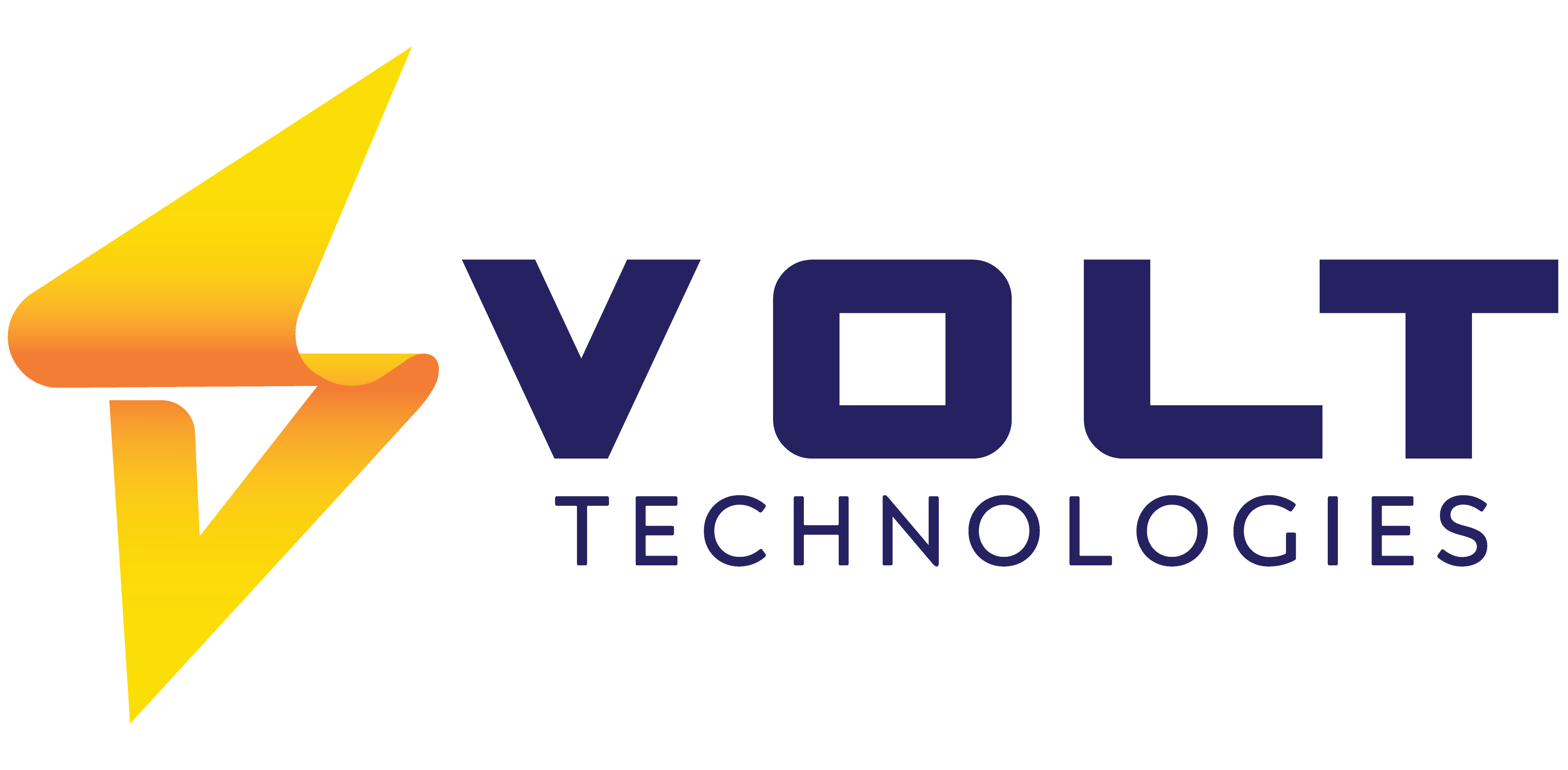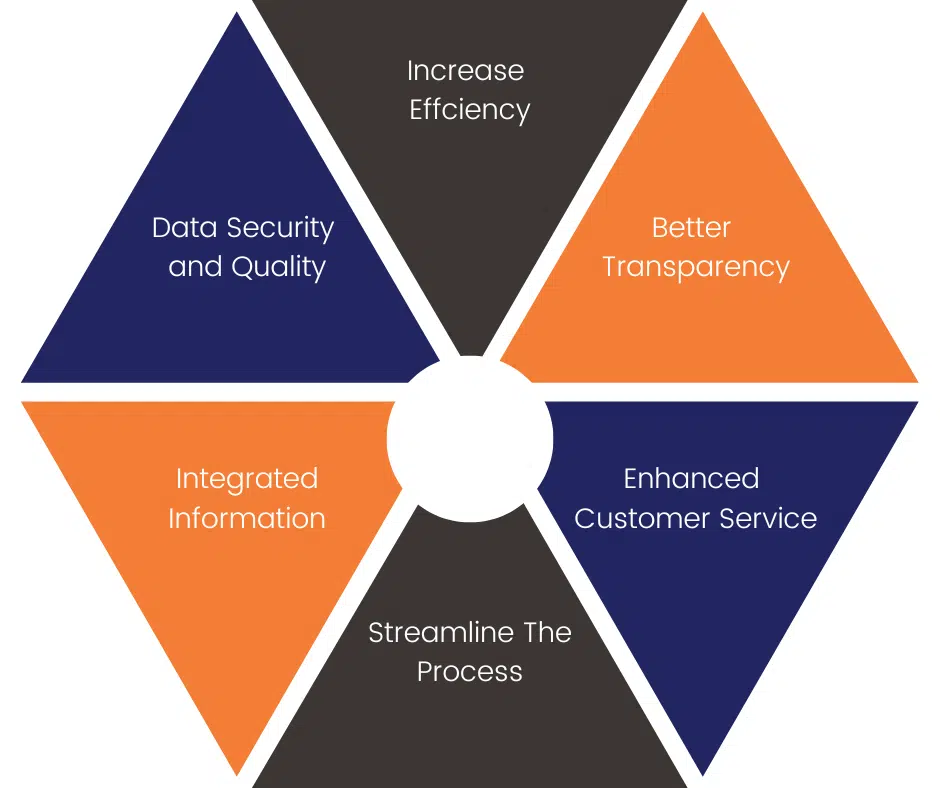
A Legacy of Excellence
Name: Bassett Mirror
Founded: 1923
Website: www.bassettmirror.com
Products Implemented: Dynamics 365 Business
Central, Volt 365
Volt Customer Since: 2021

Since 1923, Bassett Mirror has been a family-owned business and a leading name in the home furnishings industry. Bassett Mirror leadership knew that in order to grow and scale in the modern age, they would need an ERP that would support and optimize their operations.
Looking at their next phase of growth, Bassett Mirror knew that they had to make a change. With growing demand from customers for an eCommerce solution, new executive support, and a dying AS400 system, Bassett Mirror knew that they needed to make changes to support their future growth.
Selection Process
How do you support a tradition of quality and a legacy for innovation? By picking an industry leading solution implemented by a world-class partner.
Bassett Mirror began to search for a solution to this challenge and leadership decided that Microsoft Dynamics 365 Business Central was the right fit for their growing needs. Bassett Mirror selected a partner in January of 2020 and it quickly became clear to the leadership that they had chosen the wrong partner and now faced a failing implementation and the risk of sticking with a crumbling AS400 system. After ending their relationship with the previous partner, they began a new selection process to find the Microsoft Partner who they knew could successfully take them live. In May of 2021 the Bassett Mirror team was introduced to Volt Technologies through a trusted referral in the furniture industry.
Bassett Mirror’s Director of IT Zachary McPherson recalls “the discussions with Mason Whitaker were so starkly different” than what they had previously experienced with the past company, citing the quick response time, knowledge of the furniture & manufacturing industries and the expertise from Volt. After internal discussions, solid referrals and consistent communication with the Volt team, Bassett Mirror officially made the decision to partner with Volt Technologies to restart their Microsoft Dynamics 365 Business Central implementation project.
Challenges & Goals
With this being Bassett Mirror’s second attempt at an ERP implementation, the leadership came into the project with a healthy level of skepticism.
At the first onsite meeting, the Volt team established a partnership and a clear path through the implementation process. After outlining and executing on the initial tasks, Bassett Mirror noticed an immediate change in the overall morale of the project. The project scope consisted of full end-to-end EDI, Financials, Sales, Purchasing, Warehousing and Manufacturing. While Bassett Mirror is a mid-sized organization, they operate with the level of complexity of a large enterprise.
The Solution
On August 15th, Bassett Mirror officially went live on Business Central and was delivered on time (under 6 months) and under budget. Within a few days, the company was back to normal
operating volumes. Today Bassett Mirror is realizing both
improvements in their operations as well as leveraging the insights provided by Business Central to help them practically and strategically plan for their future growth.
Conclusion
After implementing Dynamics 365, Bassett Mirror's customers will still experience the same superior level of customer service they are accustomed to. However, Bassett's frontline employees will know how much everything has changed for the better.
Today both Volt Technologies and Bassett Mirror continue to share a partnership that is focused building infrastructure to support Basset Mirror’s growth. By establishing a relationship built on expertise, transparency, and accountability Bassett Mirror was able to realize meaningful change as they step into their next chapter of growth.











